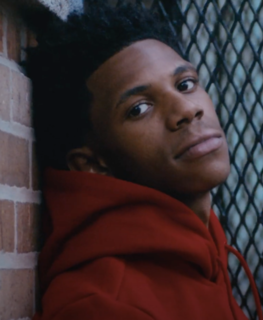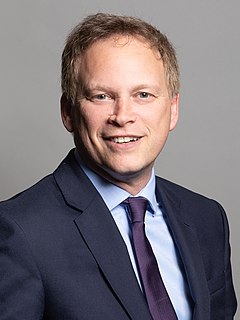A Quote by Angela Yee
Society makes victims feel that they put themselves in a compromising position and therefore share in the responsibility of being violated.
Quote Topics
Related Quotes
In the first place, the church can ask the state whether its actions are legitimate and in accordance with its character as state, i.e., it can throw the state back on its responsibilities. Secondly, it can aid the victims of state action. The church has an unconditional obligation to the victims of any ordering of society, even if they do not belong to the Christian community. The third possibility is not just to bandage the victims under the wheel, but to put a spoke in the wheel itself.
We must therefore turn to history for enlightenment; here we find that none of the proclaimed anarchist groups correspond to the libertarian position, that even the best of them have unrealistic and socialistic elements in their doctrines. Furthermore, we find that all of the current anarchists are irrational collectivists, and therefore at opposite poles from our position. We must therefore conclude that we are not anarchists, and that those who call us anarchists are not on firm etymological ground, and are being completely unhistorical.
In a public dialogue with Salman in London he [Edward Said] had once described the Palestinian plight as one where his people, expelled and dispossessed by Jewish victors, were in the unique historical position of being 'the victims of the victims': there was something quasi-Christian, I thought, in the apparent humility of that statement.
Erasmus dramatizes a well-established political position: that of the fool who claims license to criticize all and sundry without reprisal, since his madness defines him as not fully a person and therefore not a political being with political desires and ambitions. The Praise of Folly, therefore sketches the possibility of a position for the critic of the scene of political rivalry, a position not simply impartial between the rivals but also, by self-definition, off the stage of rivalry altogether.
Here, the certain temple rule, this seems to me to have a certain responsibility to look after the well-being of society and look after Buddhism and culture. I consider these part of the practice of spirituality. There is no competition between spiritual practice and party politics. That is outdated. We already, since 2001, have elected political position. My position is semi-retired. I am looking forward to complete retirement.



































